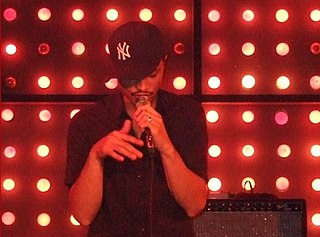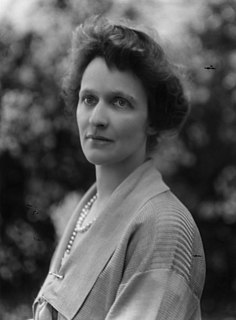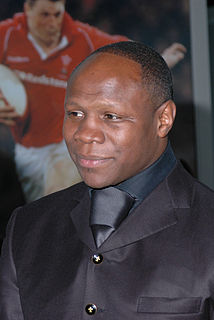A Quote by Jill Stein
One of the patients that really stands out for me was a middle-aged woman who actually had HIV in the early days, and helping her kind of come to terms with that. She had rather late-stage illness, but just helping her, sort of cope with the challenges of the disease and the infections and all that, but also her social issues, like, coming out to her family about the illness, and a very religious family.
Quote Topics
Related Quotes
Director Park always talked to me about her in a very innocent way, that the story was of her coming of age and her sexual awakening and her going from girl to woman and that she had the same desires and hopes as other young people in terms of being very infatuated, which comes in the form of her uncle, which is very unconventional.
I really pulled from that repertoire that Billie Holiday was singing, and the way she sang it. It's sort of this beautiful, not really midpoint, but a period of her career where she really still had her voice. She had that deep wisdom that we've come to associate her with. To me, that's her at the height of her powers.
My mother had been an incredibly bright kid but her family couldn't afford for her to stay in education. So she lived through me. She was a very remarkable woman and I owe a huge debt to her. She was unashamed about delighting in the fact that I was intelligent, and she drove and pushed me. She was also completely indifferent to popularity.
She didn’t understand why it was happening,” he said. “I had to tell her she would die. Her social worker said I had to tell her. I had to tell her she would die, so I told her she was going to heaven. She asked if I would be there, and I said that I would not, not yet. But eventually, she said, and I promised that yes, of course, very soon. And I told her that in the meantime we had great family up there that would take care of her. And she asked me when I would be there, and I told her soon. Twenty-two years ago.
To marry a woman with any success a man must have a total experience of her, he must come to see her and accept her in time as well as in space. Besides coming to love what she is now, he must also come to realize and love equally the baby and the child she once was, and the middle-aged woman and the old lady she will eventually become.
Her family had of late been exceedingly fluctuating. For many years of her life she had had two sons; but the crime and annihilation of Edward a few weeks ago, had robbed her of one; the similar annihilation of Robert had left her for a fortnight without any; and now, by the resurrection of Edward, she had one again.
She had sacrificed her childhood to save her brothers; she loved her family above all else, and her spirits yearned to return home once more, to the wild forest and the land of mystic tales and ancient spirits whence he had taken her. That was the place of her heart, and if he loved her, he must let her go.
My mother didn't feel sorry for herself, she was left with no child support, no alimony at a very young age, with a child to raise, a high school education and she just figured it out. She didn't complain, she didn't rely upon government, she relied upon her own skill set, her own self confidence, her own drive in moxie and her own duty to me and her and she relied upon her family and her faith.
At that moment a very good thing was happening to her. Four good things had happened to her, in fact, since she came to Misselthwaite Manor. She had felt as if she had understood a robin and that he had understood her; she had run in the wind until her blood had grown warm; she had been healthily hungry for the first time in her life; and she had found out what it was to be sorry for someone.
The adolescent does not develop her identity and individuality by moving outside her family. She is not triggered by some magic unconscious dynamic whereby she rejects her family in favour of her peers or of a larger society.... She continues to develop in relation to her parents. Her mother continues to have more influence over her than either her father or her friends.


































